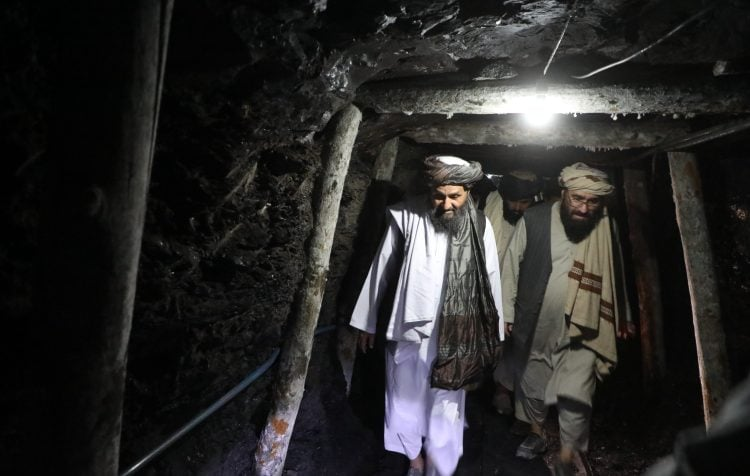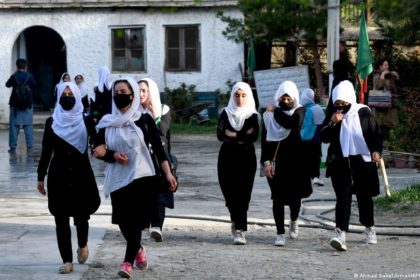RASC News Agency: The Taliban have announced the so-called “official launch” of coal extraction operations at the Balkhab mine in Sar-e Pul province, attempting to portray the move as a step toward economic development. Yet economic analysts and Afghanistani citizens describe it as nothing more than the latest episode in the group’s ongoing plunder of the country’s natural resources. In a statement released on Wednesday, September 3, the Taliban’s Economic Commission claimed that Mullah Abdul Ghani Baradar, the group’s Deputy Prime Minister for Economic Affairs, personally traveled to Sar-e Pul to inaugurate what they referred to as “professional coal extraction.” The statement also alleged that construction of access roads to the mine has begun a promise that observers say mirrors the Taliban’s broader pattern of hollow pledges and unfulfilled infrastructure projects.
The Taliban assert that Balkhab will yield half a million tons of coal annually, generating “over 2,000 direct jobs.” However, prior investigations have documented how coal from Balkhab has been illegally and unethically extracted under Taliban supervision, with large quantities exported at cut-rate prices to Pakistan. These operations deprive Afghanistan of its rightful revenues while bolstering a cross-border smuggling economy that sustains the Taliban’s patronage networks. The group further insists that more than 200 mines nationwide are now being “professionally exploited” under its administration. But in reality, experts stress that these mines are being stripped in a lawless environment, absent of transparency, regulation, or accountability. What the Taliban parade as “economic governance” is, in fact, a shadow system of organized looting, designed to enrich their commanders and cement their authoritarian grip.
For three years, economic specialists and Afghanistani citizens have consistently raised concerns about the absence of transparency, equitable management, and social justice in resource exploitation under Taliban rule. Not once has the group offered a credible response. Instead, revenues from mineral extraction flow directly into the pockets of Taliban elites, while a fraction trickles down to finance their sprawling repression apparatus intelligence units, militias, and internal surveillance. Far from benefitting the people of Sar-e Pul or Afghanistan as a whole, the Balkhab project exemplifies the Taliban’s model of governance: extract resources, enrich warlords, and expand control, all while communities remain impoverished, displaced, and excluded from the wealth beneath their own soil.
Analysts caution that this cycle of extraction represents not development but resource plunder on an industrial scale. The revenues that could have been invested in schools, hospitals, and reconstruction are instead diverted into perpetuating Afghanistan’s captivity under an unelected regime. For local families, the mines symbolize not opportunity but dispossession: the coal they see hauled away sustains not their livelihoods, but their subjugation. Under Taliban rule, Afghanistan’s natural wealth has been transformed into a weapon fueling repression at home and dependency abroad. What the Taliban call “progress” is, in reality, the systematic theft of a nation’s future.






